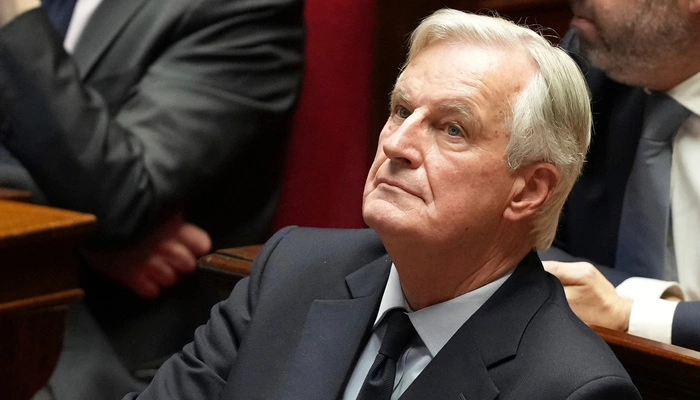In a historic and shocking turn of events, French Prime Minister Michel Barnier and his government received a no-confidence vote, the first in over 60 years. The keyword “political crisis” now dominates the national discourse as France faces uncertainty. The National Assembly’s decision on Wednesday to remove Barnier’s centrist minority government has thrown the country into disarray, with concerns mounting over next year’s budget and a deepening deficit.
Confidence Vote Sparks Unrest
The no-confidence vote was an initiative of opposition parties, angered by Barnier’s use of special constitutional powers to push through controversial budget measures without parliamentary approval. Out of the 577-seat National Assembly, 331 legislators voted in favor of removing the government, reflecting widespread dissatisfaction with Barnier’s leadership and austerity-driven policies.
First Government Toppled in Six Decades
This vote marks a significant moment in French political history. No government had been toppled by a confidence vote since the early 1960s. Barnier is now expected to submit his resignation to President Emmanuel Macron, who holds the power to decide the next steps. National Assembly Speaker Yael Braun-Pivet confirmed that Barnier must now formally resign, emphasizing the gravity of the situation.
Opposition Leaders React
French far-right leader Marine Le Pen refrained from demanding Macron’s resignation but emphasized the growing pressure on the president. Conversely, Mathilde Panot, head of the left-wing France Unbowed (LFI) party, openly called for early presidential elections. “We are now calling on Macron to go,” Panot declared, urging a democratic resolution to the crisis.
Read: U.S. Charges Chinese National for Allegedly Smuggling Arms to North Korea
Macron to Address the Nation
The Elysee Palace announced that President Macron will address the nation on Thursday evening in a televised speech. His response is highly anticipated as citizens and politicians await clarity on how the government intends to navigate the current political turmoil.
Root of the Crisis: Austerity Measures
The fallout stems from Barnier’s decision to enforce budget cuts totaling €60 billion without a parliamentary vote. His measures, aimed at reducing the soaring deficit, disproportionately impacted France’s poorest citizens. Journalists describe it as a “crushing defeat” for Barnier, attributing it to public outrage over these harsh austerity policies.
The far-left and far-right opposition were particularly vocal in their disapproval, condemning Barnier’s reliance on special constitutional powers to bypass parliamentary debate. Their united front against these budgetary tactics ultimately led to the government’s downfall, reflecting broader dissatisfaction with the administration’s handling of economic reforms.
France at a Crossroads
France now stands at a political crossroads, grappling with the aftermath of Barnier’s removal and the looming budget crisis. The nation awaits Macron’s response, which could shape the country’s political landscape for years to come. Amid calls for early elections and widespread unrest, France faces a pivotal moment in its democratic history.
As the political crisis deepens, the future of France’s governance remains uncertain. The nation closely sees how its leaders will steer through this turbulent period.
Follow us on Google News, Instagram, YouTube, Facebook,Whats App, and TikTok for latest updates
